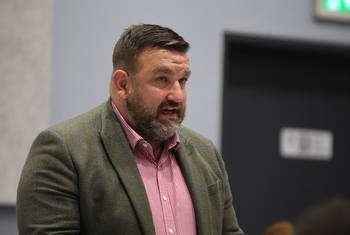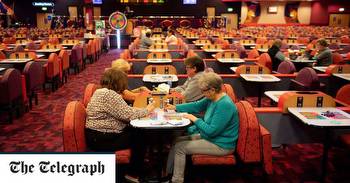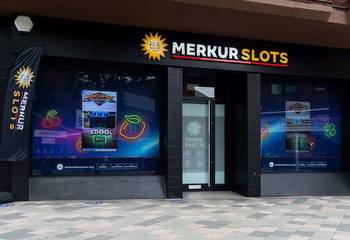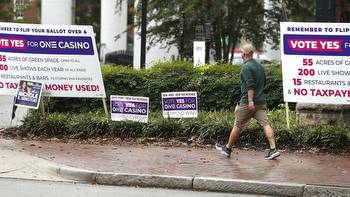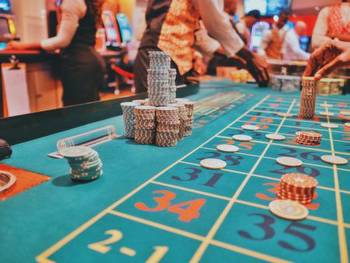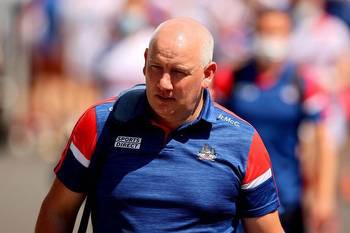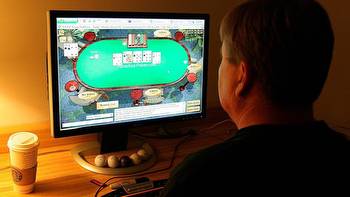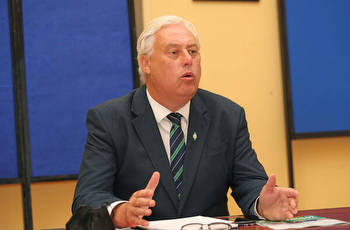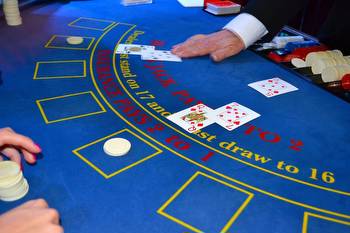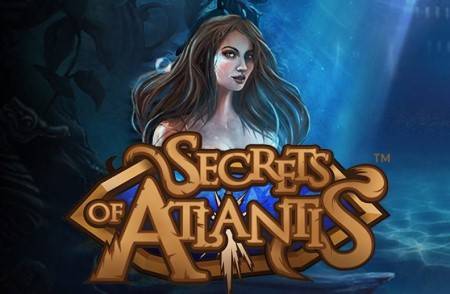Sinn Féin accused of hypocrisy after problem betting policy launched as mayor votes to allow gambling in his town

Sinn Féin has been accused of rank hypocrisy for issuing a national policy that would fight problem gambling, after a party mayor used his casting vote to enable gambling in two locations.
rthur Gibbons, Lord mayor of Sligo, broke a tied vote at council level to approve gambling at two locations in the town.
He did so while saying he was “not a gambling person’.
Today he told Independent.ie: “I wouldn’t even know how to back a horse”, while rejecting criticism of his decision.
But he said there were some “scaremongering” objections with references to gaming behind darkened windows - but gambling was a private thing and he “didn’t want a person looking in” when he went for a pint.
This week saw the high-profile launch of a new policy on the issue from the Sinn Féin spokesman on Addiction, Recovery and Wellbeing.
Party TD Thomas Gould said: “Gambling addiction damages the lives of far too many people across Ireland every single day.”
Despite this, the Government is failing in its duty to protect people who experience gambling addiction and support those who seek help, he said.
Fianna Fáil TD for Sligo Marc MacSharry said the difference between “Sinn Féin noises at national level and actions at local level” amounted to “rank hypocrisy”.
He said the party had perfected doublespeak for its different audiences, whereas it was Government that would be bringing forward a Gambling Control Bill in the next Dáil session - and Government representatives that had voted against the liberalising of gambling in Sligo last month.
“So either way, the Sinn Féin attitude to gambling smacks of rank hypocrisy,” he told Independent.ie.
Mayor Gibbons hit back, however. He said: “This is the Government that gave €100 million in the last Budget to support the greyhound and racehorse industry.
“Gambling is gambling. Is the Government trying to tell us there is good gambling and bad gambling?”
He added: “We all know that gambling destroys some lives. but alcohol causes far more damage to society. And yet some of those objecting to gaming halls are publicans and those who trade in alcohol.”
“I protected 14 jobs by my vote - places that had been operating in a grey area and that would have had to close if the vote did not go through,” Mr Gibbons said.
He said he was now falling victim to “a cheap attack to try to gain some publicity” simply because Sinn Féin also took a concerned approach to the suffering of the small minority of people who were addicted to gambling in all its forms. There was thus no hypocrisy, he insisted.
Sligo councillors agreed to allow gambling at two locations in the town — at Shore Road and at Ted Nealon Road. The issue has been a contentious issue locally.
Independent Socialist councillor Declan Bree proposed to officially permit what was currently taking place in a motion that would “curtail gaming to the two specific streets”.
He acknowledged people had real and genuine concerns, but dismissed “the odd conspiracy theory about big international gambling casinos coming to Sligo.”
He never had any complaint about the two existing businesses. Mayor Gibbons said the Gardaí had never attended either premises in connection with any incident and there were no reports of any associated anti-social activity.
He added today: “Before I made my casting vote, I asked the county manager how many applications or proposals had been made in the last ten years to open gaming or gambling premises in Sligo.
“There were none. So I think there has been a little bit of scaremongering over this.”
But other councillors warned that the decision would be a precedent that could be used to open up gambling in Sligo, with nothing to stop big arcade owners swallowing up properties on the road concerned.
Mayor Gibbons said there were genuine concerns but also submissions from people who would object to anything and were “scaremongering.”
Sinn Féin TD Thomas Gould said however in launching the party’s gambling policy this week: “Our young people in particular are being exposed to often predatory forms of online advertising and gambling which should be regulated.
“They’re bombarded with gambling advertising on social media, during sports matches and while watching television. Young people can sign up to online gambling without any age verification for often a 72-hour window.
“We have some of the highest problem gambling rates in 15- to 16-year-olds in Europe. There are over 55,000 people with a severe gambling disorder in this State. For these people, we need to act now.”
He said he intended to introduce legislation this year that will see credit cards banned in gambling. “It is vitally important that people cannot gamble with money they don’t have,” Mr Gould said.
“It is time we got serious about this. Young people deserve better.”








